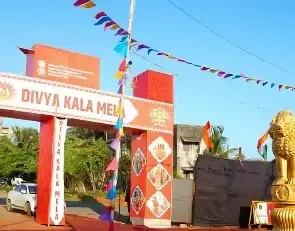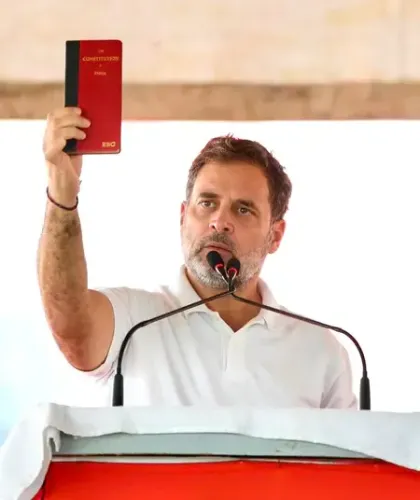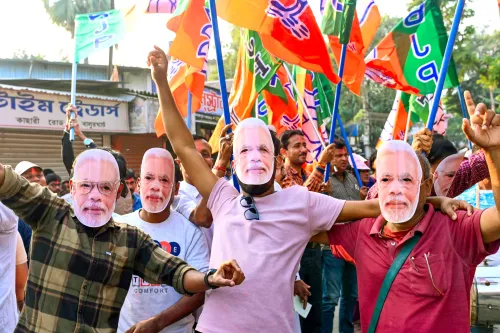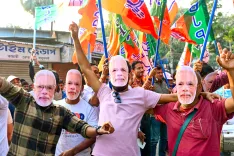Karnataka Minister Calls Union Budget 'Extremely Unsatisfactory'
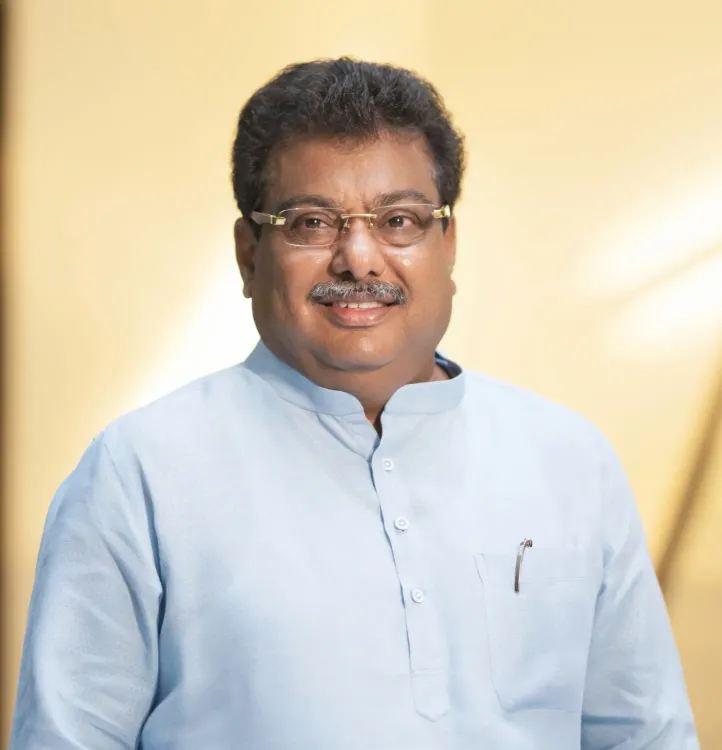
Synopsis
Key Takeaways
- Karnataka Minister M.B. Patil criticizes the Union Budget.
- No special package for the development of north Karnataka.
- AIIMS sanction expectations were unmet.
- Budget lacks provisions to stimulate GDP growth.
- Concerns over capital expenditure remaining unchanged.
Bengaluru, Feb 1 (NationPress) Karnataka's Minister for Large and Medium Industries M.B. Patil expressed strong disappointment regarding the Union government's Budget on Saturday, stating that it is “extremely unsatisfactory” and that no special package has been introduced for the enhancement of north Karnataka.
Patil lamented that the long-awaited sanction for AIIMS in north Karnataka has also proved to be a failed expectation.
In his critique, he described the Budget as another “anti-people” initiative presented by the Union Finance Minister Nirmala Sitharaman.
While acknowledging that the Union Finance Minister has proposed appealing strategies aimed at supporting middle-class taxpayers, Patil noted that the Budget lacks any provisions to stimulate GDP growth, which raises concerns.
The Minister highlighted the lack of significant capital expenditure as another alarming aspect.
He remarked on the Budget's superficial relief for middle-class taxpayers, stating, “At first glance, this Budget appears to bring relief... but in reality, that is not the case. They have announced a tax exemption up to Rs 12 lakh, but if the income exceeds even by one rupee, the exemption is not applicable.”
Patil criticized the imposition of over 20 percent tax for incomes beyond the exemption threshold, asserting that the government should have provided direct and uncomplicated benefits for taxpayers. He claimed that the Prime Minister Narendra Modi-led administration has failed to fulfill societal expectations, a reality that will become evident in the near future.
He added, “Maintaining capital expenditure almost unchanged is detrimental to economic growth, as it will hinder development. To compete with neighboring China, India needed to amplify its capital investment. The lack of such proposals in the Budget is unfortunate.”
Patil stressed the importance of industrial and infrastructure development in Karnataka, a state recognized as the hub for Information Technology, Biotechnology, and startups.
However, he pointed out that the Union government has not introduced any specific beneficial initiatives for Karnataka.
“Karnataka plays a crucial role in the nation’s export trade, deserving increased allocation. Simply announcing schemes for states like Bihar with an electoral agenda will not yield genuine benefits,” he stated, expressing his discontent with the Union Budget.
He asserted that transforming India into a $5 trillion economy requires audacious and historic measures, but this Budget has not exemplified such courage.
Karnataka's Home Minister G. Parameshwara echoed Patil's sentiments, stating that the Union Budget for 2025-26 has completely overlooked Karnataka's development, despite it being the second-highest tax-paying state in India.
He argued that the wealth generated from taxes in South Indian states has been redirected towards the development of North Indian states, with the Budget neglecting the advancement of Scheduled Castes, Scheduled Tribes, and Other Backward Classes.
Parameshwara also noted the absence of robust policies for irrigation projects or initiatives aimed at boosting farmers' income, as well as a lack of solutions to the rising unemployment crisis among the youth.
“Even with three Union Ministers representing Karnataka in the Central government, the state has not benefitted from this Budget. The hopes of receiving special schemes for the safety and development of Karnataka's metropolitan cities have also been dashed,” he added.
He concluded by stating that the Central government, under Prime Minister Narendra Modi, has once again betrayed the people of Karnataka through this Budget.

